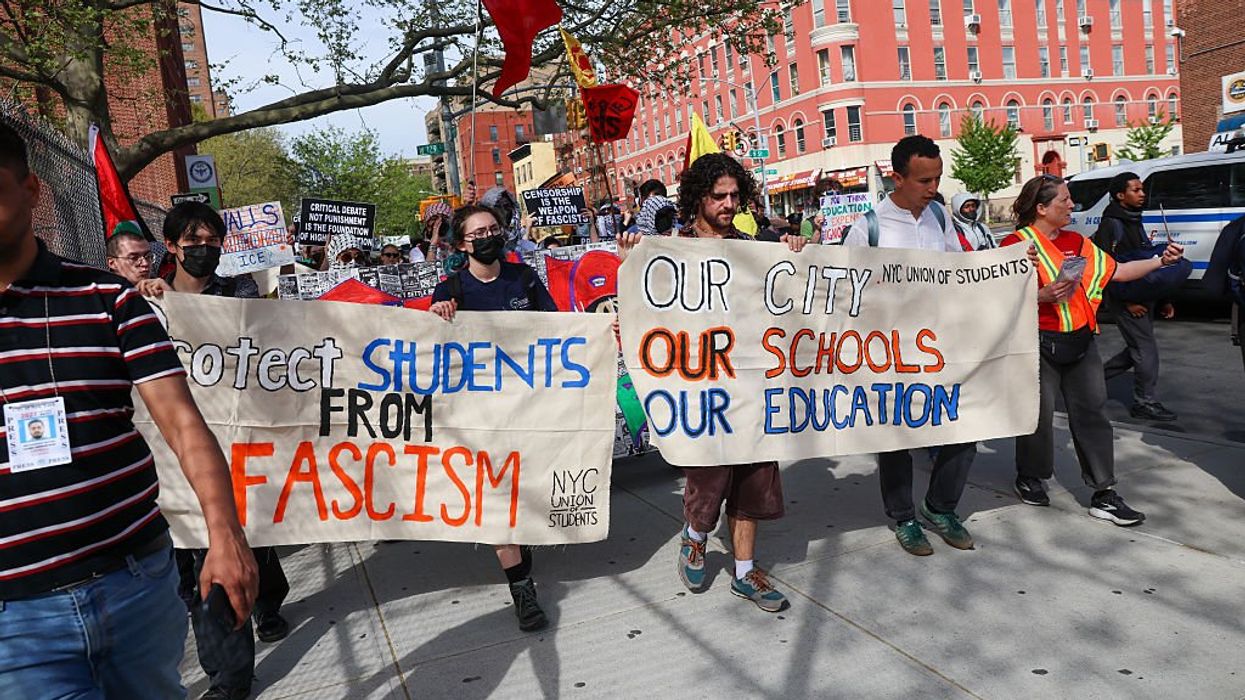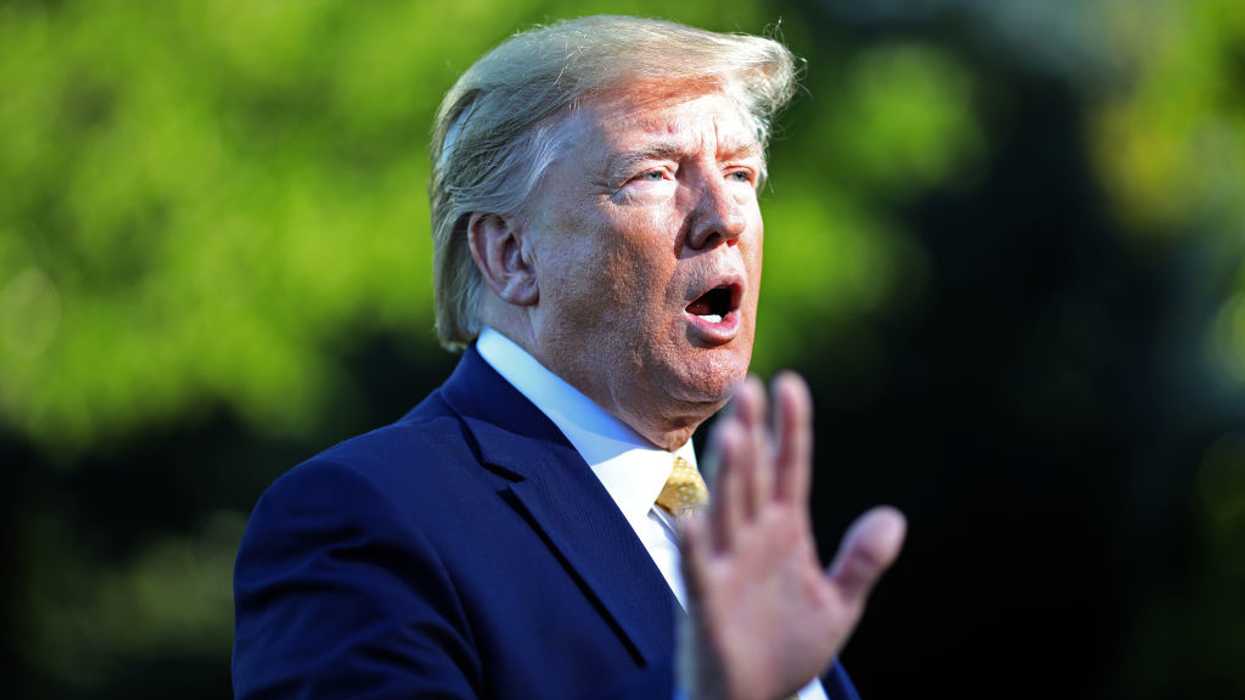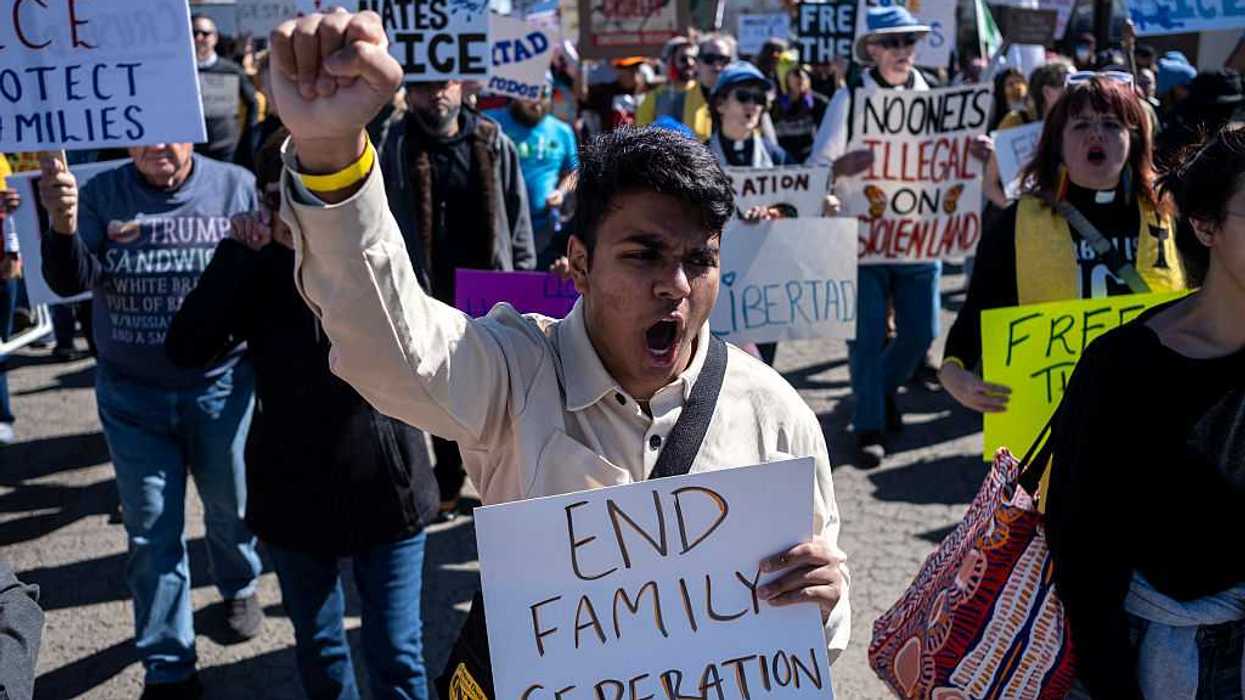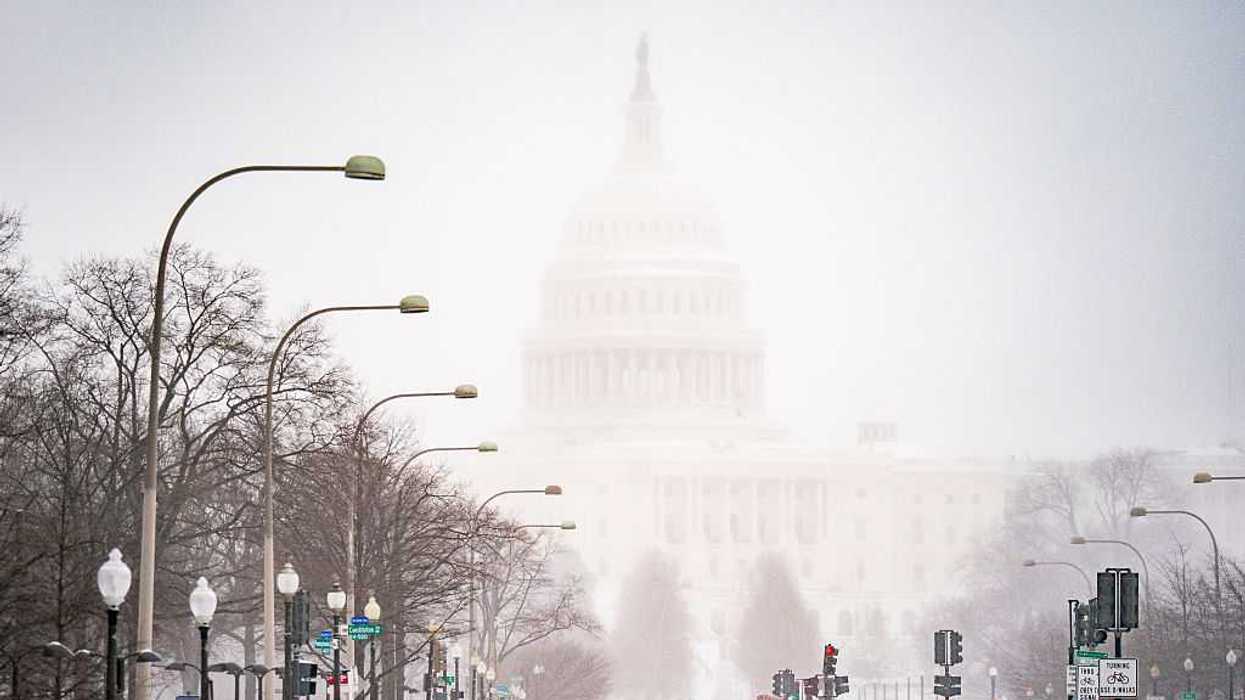The new academic year has started at most universities. This fall, however, an icy chill has descended on academic life.
In glaring contradiction to their mission statements, while publicly embracing academic freedom, many institutions severely limit it on one particular issue: the famine and genocide currently being perpetrated in Gaza.
In spite of the appeals of high-profile public figures, in spite of the appeals of leading Israeli human rights organizations to boycott Israel and to pressure it into stopping the slaughter of tens of thousands of Palestinians, the U.S. administration continues to punish universities. Under the government’s threats, universities are punishing students and scholars for standing up for equal human and political rights of both Israelis and Palestinians and for fighting to end the war crimes supported by the U.S., militarily, financially, and diplomatically.
How has it come to this?
Universities fear the wrath of the Trump administration, which, in a number of high-profile cases, has withheld hundreds of millions of research dollars from public and private institutions. In order to restore funding, some institutions have espoused a particular definition of antisemitism, which the Trump administration imposes as the only valid one, namely the “working definition of antisemitism” proposed by the International Holocaust Remembrance Alliance (IHRA) in 2016. The problem, however, is that this definition conflates “criticism of Zionism, Israeli state policies, and violence against Palestinians with antisemitism.”
In response to the IHRA definition and “its implications for academic freedom and freedom of expression,” almost 400 international scholars “working in Antisemitism Studies and related fields, including Jewish, Holocaust, Israel, Palestine, and Middle East Studies,” signed the Jerusalem Declaration on Antisemitism (JDA), which rejects the above-mentioned conflation and proposes “clear guidance to identify and fight antisemitism while protecting free expression.”
The scholars of the Genocide and Holocaust Studies Crisis Network (GHSCN) also reject the IHRA definition, pointing out that even its co-author, Kenneth Stern, who describes himself as a Zionist, has repudiated its current weaponization as a “blatant distortion of the definition’s purpose.”
As a scholar of the Shoah (the Hebrew term for the Holocaust), I support the GHSCN’s objections and the JDA’s alternative definition.
Columbia University is a case in point of the IHRA definition’s chilling effects. As widely reported, for example by Lexi Lonas Cochran of The Hill, not only was Columbia blackmailed to pay the Trump administration $225 million, presumably to restore $400 million in funding, it also was pressured into espousing the IHRA definition.
As a consequence, one of the leading scholars of the Holocaust, Marianne Hirsch, and the eminent historian of Palestine, Rashid Khalidi, have withdrawn their classes from Columbia’s fall curriculum.
“A university that treats criticism of Israel as antisemitic and threatens sanctions for those who disobey is no longer a place of open inquiry,” Hirsch was quoted in The Guardian. “I just don’t see how I can teach about genocide in that environment.”
In an open letter to Columbia’s acting president, Khalidi wrote that under the IHRA definition, “which absurdly conflates criticism of a nation-state, Israel, and a political ideology, Zionism, with the ancient evil of Jew-hatred, it is impossible with any honesty to teach about topics such as the history of the creation of Israel, and the ongoing Palestinian Nakba.”
It should be underlined, as Cochran does, that in spite of bowing to the demands of the Trump administration, many researchers at Columbia and elsewhere have actually not seen any funding restored.
Another, even more ominous, case in point is UCLA. The world-renowned public research university is battling a $1 billion fine to restore hundreds of millions of dollars in withheld research funding. UCLA’s transgression? Yet again, the Trump administration alleges that UCLA hasn’t done enough to combat antisemitism when it allowed student protests opposing the Israeli assault on the Gaza Strip that followed the gruesome attack by Hamas on October 7, 2023. No consideration was given to the fact that these protests were peaceful (at UCLA, the only violent attack was carried out by pro-Israel activists), and that, just like at Columbia, many of the protesters were Jewish students and faculty.
At American universities, in the name of the IHRA definition, students have been “arrested, suspended, or expelled” for protesting what a growing number of genocide scholars and public figures, including in Israel, have been calling a genocide. Students and scholars are being doxxed, their professional outlooks or careers threatened.
Israeli human rights lawyer Michael Sfard deplored on August 31, 2025, the “felonious, unforgivable project of Gaza’s destruction. […] Israel is destroying Gaza. Call it ethnic cleansing, call it erasure, call it genocide, call it whatever you want. I have no doubt that Raphael Lemkin, the Jewish-Polish jurist who coined the term ‘genocide,’ would declare with tears of shame that the Jewish state is committing genocide in Gaza. It is destroying the place and annihilating the human group living there.”
In the U.S., students and others are being attacked for opposing what the former speaker of the Knesset, Avrum Burg, described on August 8 as “crimes against humanity,” against which he summoned “one million Jews” to rebel, and “file a joint appeal to the International Court of Justice in The Hague.”
By adopting the IHRA definition of antisemitism, the U.S., in the words of the Palestinian philosopher Sami Khatib, casts its role “as the ‘rescuer’ of future victims of an imagined new genocide, while denying the existence of a real genocide as it currently unfolds in Gaza.” Khatib warns that “once a victim group is framed as terrorist or as an exponent of past evil (Palestinians as the new antisemites, as the reincarnation of Nazis), the responsibility to protect and rescue is inverted: protection becomes persecution, rescue becomes annihilation.” The IHRA definition has contributed to this inversion, and genocide and holocaust scholars should oppose it.




















